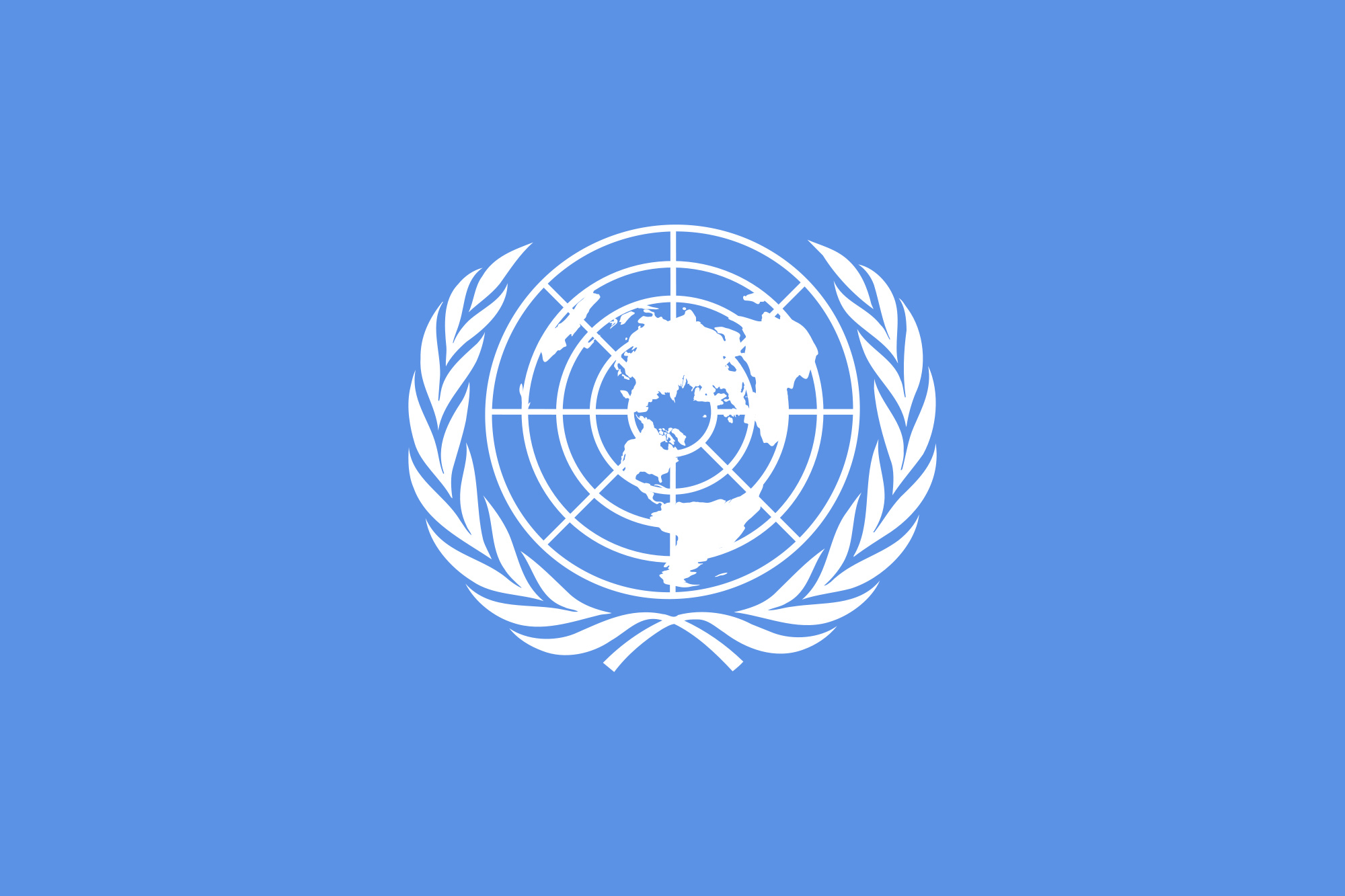Participation Framework
The National Framework for Children and Young People’s Participation in Decision-making supports departments, agencies and organisations to improve their participation practice with children and young people.
What is the Framework?
The Framework supports departments, agencies and organisations to improve their practice in listening to children and young people and giving them a voice in decision-making. It was developed as a collaboration between the Department of Children, Equality, Disability, Integration and Youth, Hub na nÓg and Professor Laura Lundy of Queens University, Belfast. It is underpinned by:
Framework Model
The Framework is based on the child rights model of participation developed by Professor Laura Lundy, Queens University, which provides guidance for decision-makers on the steps to take in giving children and young people a meaningful voice in decision-making.

Framework Vision – Participation With Purpose
Participation with purpose means that when children and young people are involved in decision-making, their views are listened to, taken seriously and given due weight with the intention of leading to an outcome or change. The Framework gives guidance on implementing participation with purpose by explaining:
01
What participation is and what it is not
02
How to involve children and young people in decision- making
03
How to ensure the involvement of seldom-heard children
04
How to follow- up and give feedback to children and young people
05
How to be realistic with children and young people
Framework Checklists
The Framework contains a series of checklists to guide decision-makers in the use of the Lundy model and good practice principles in planning and implementing the involvement of children and young people in decision-making.
Planning Checklist
Gives guidance to departments, agencies and organisations on listening to children and young people and involving them in decision-making in the development of policies, plans, services, programmes, governance, research and legislation at national, local and organisational level.
Evaluation Checklist
A tool for self-evaluation and external evaluation to be used by departments, agencies and organisations following the completion of policies, plans, services, programmes, governance, research and legislation.
Everyday Spaces Checklist
Gives guidance to teachers, early learning and care and school aged childcare practitioners, social workers, youth workers, youth club volunteers, sports coaches, arts and cultural workers and other adults on listening to children and young people and giving them a voice in decision-making in everyday spaces or settings, in person or online.
Evaluation Forms for
Children and Young People
The Framework also contains a number of child/youth evaluation forms to be completed by children and young people at the end of meetings, events or activities.
Child/Youth Evaluation Form for Groups Meeting Face-to- Face
This form enables children and young people to evaluate face-to-face meetings or consultations.
Child/Youth Evaluation Forms for Groups Meeting Online
This form enables children and young people to evaluate online meetings, consultations, surveys and other activities.
Child/Youth Evaluation Form for Individuals
This form enables children and young people to evaluate meetings and other engagements with adult decision-makers either in person or online.
As Gaeilge
Tá roinnt foirmeacha meastóireachta leanaí/óg atá le comhlánú ag leanaí agus daoine óga ag deireadh cruinnithe, imeachtaí nó gníomhaíochtaí sa Chreat freisin